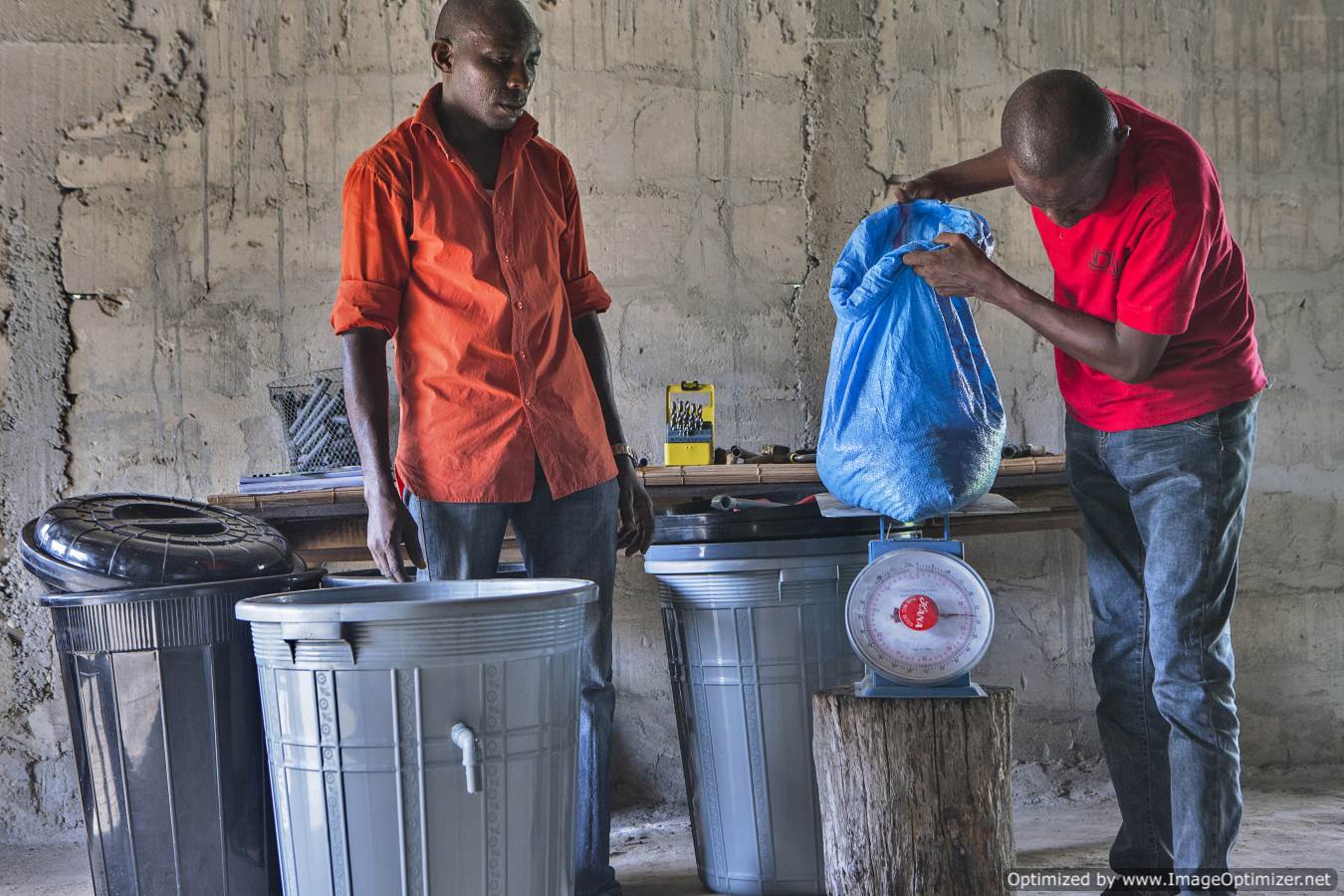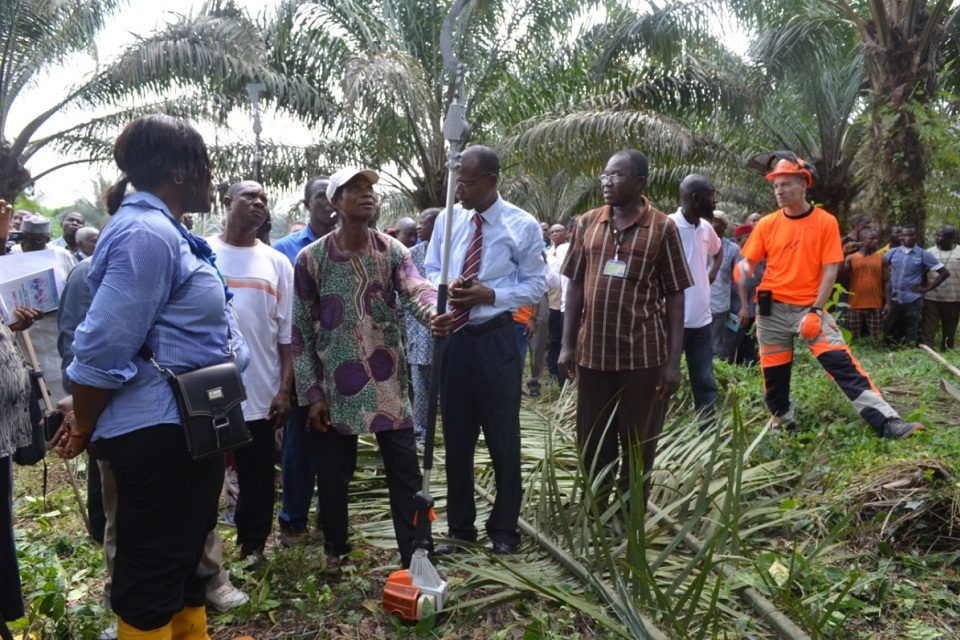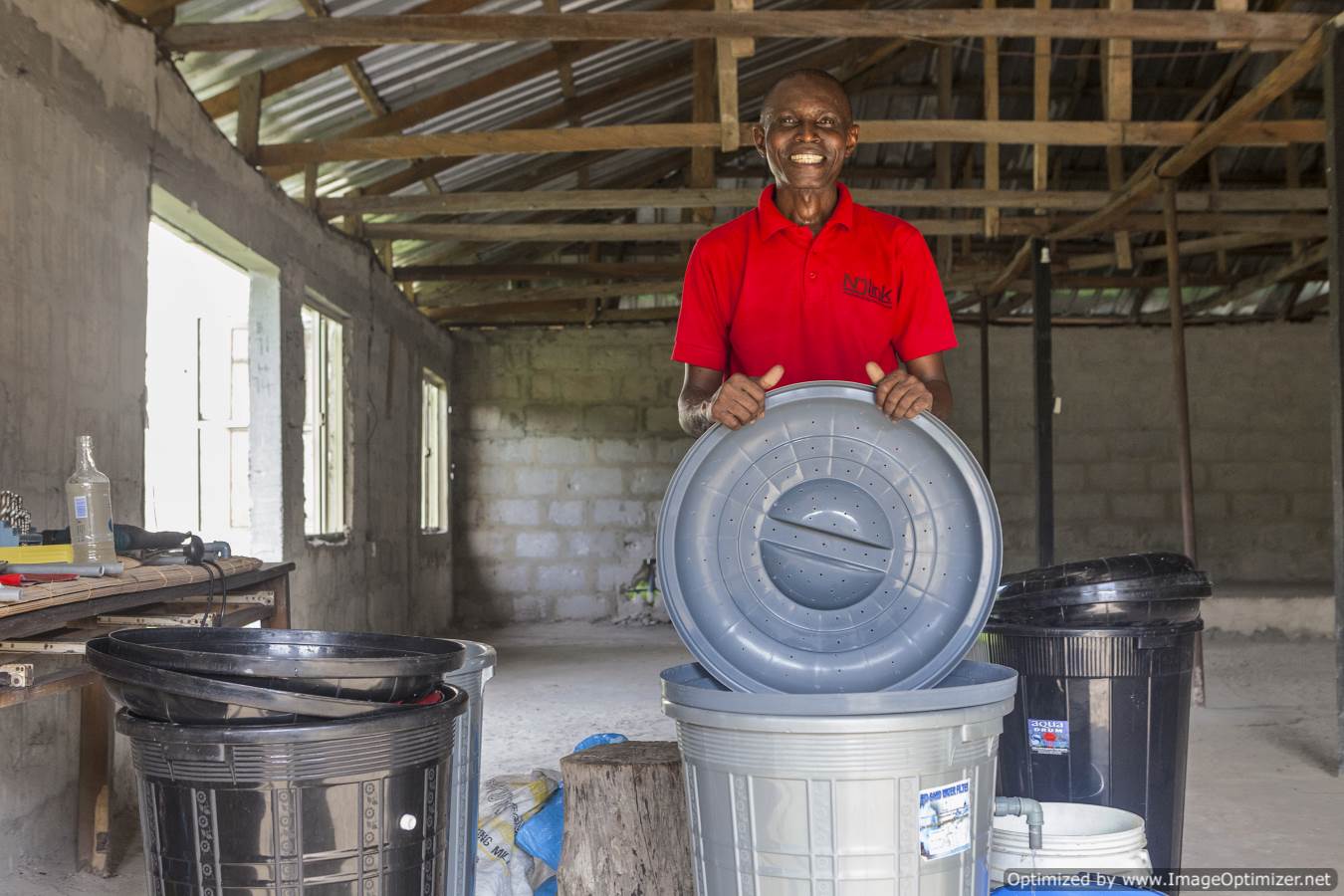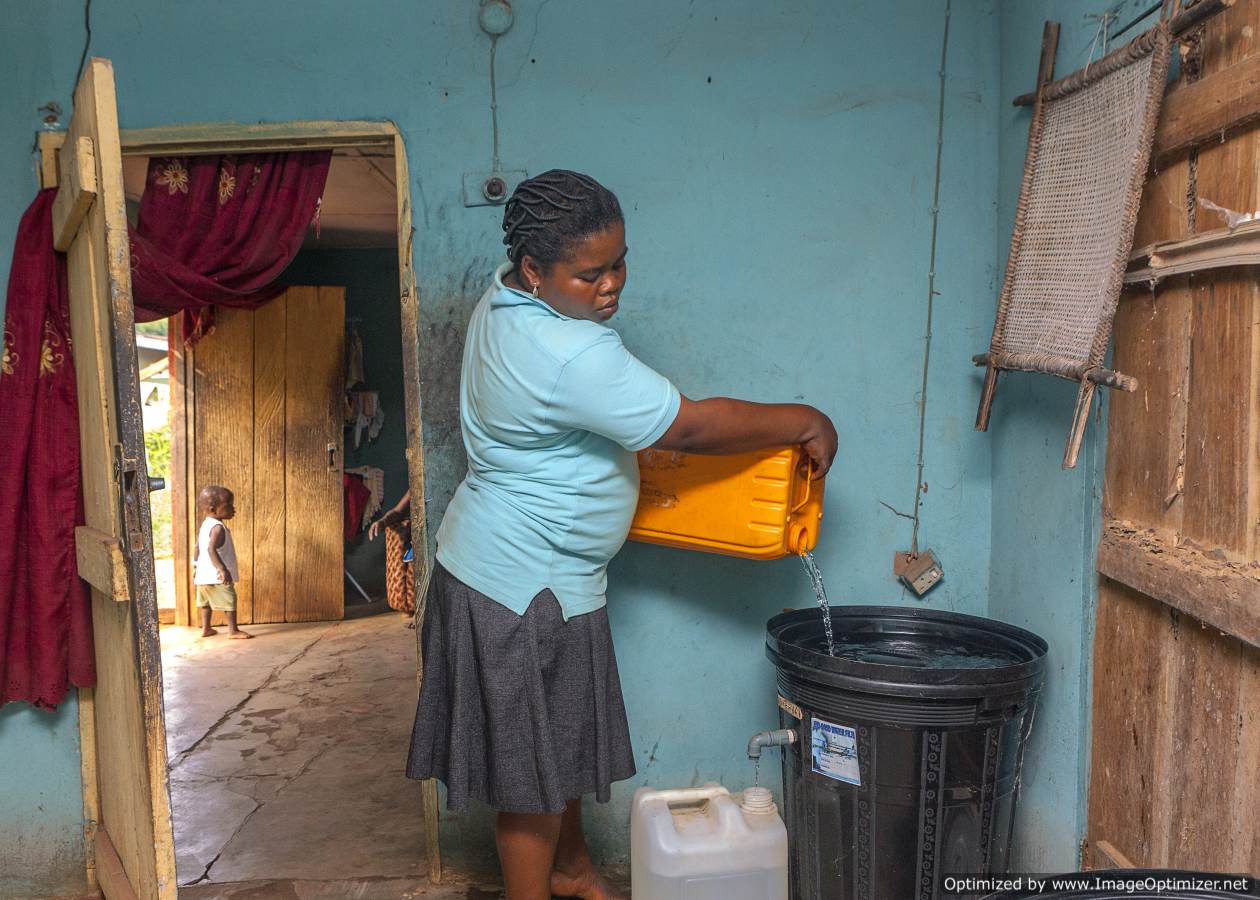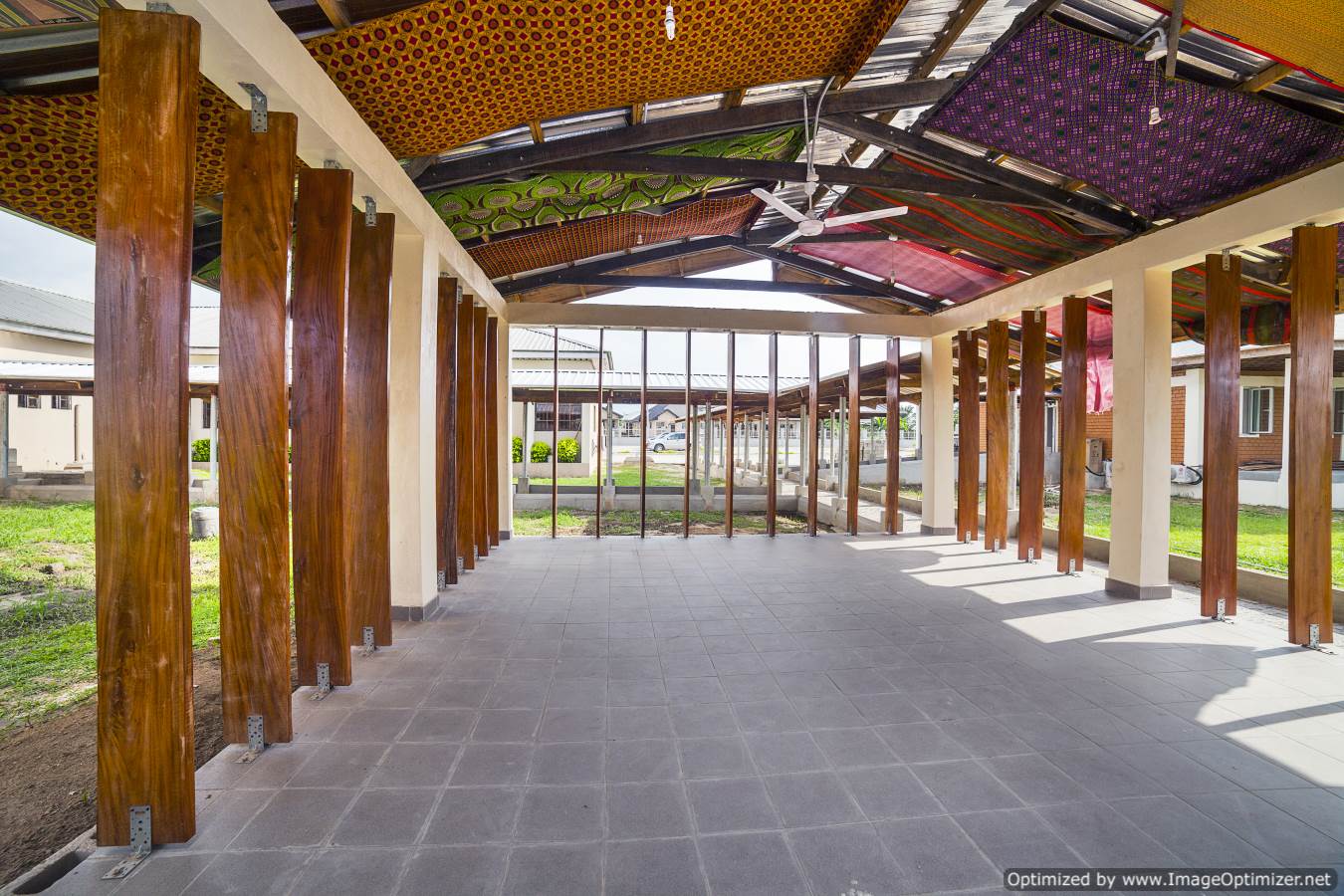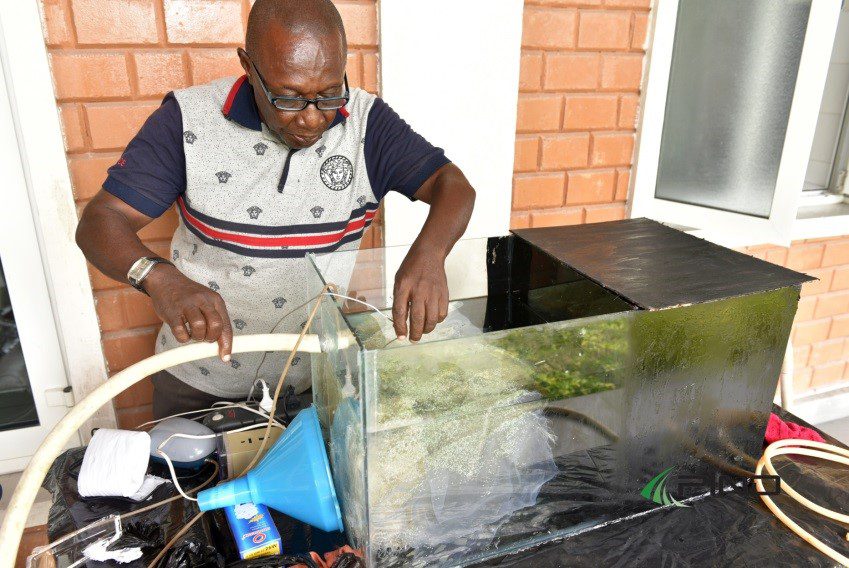Promoting Appropriate Technologies (ATs)
Appropriate technologies (ATs) are devices that are sustainable, require fewer natural resources and produce less pollution. PIND’s Appropriate Technology Enabled Development (ATED) project sources, shares, provides training, and pilots existing and new AT solutions to meet the needs of communities and small businesses in the Niger Delta region. Appropriate Technologies (ATs) promoted by ATED include the Biosand Filter, the Mechanical Adjustable Harvester, Small Scale Processing Equipment, Chorkor Oven, etc.
Improving Access to Clean Water
Our Water, Sanitation and Hygiene (WASH) project, we work to improve access to clean water by promoting the biosand filter, a simple water filtration technology made with locally-available materials that removes 99% of water impurities and promotes good hygiene habits in schools with the WASH in Schools program. Under our partnerships with United Nations Children Fund (UNICEF), we have trained local government and civil society WASH actors in local communities on conflict sensitivity and put in place mechanisms to check conflict-related challenges to clean water at an early stage. We are also working to build clay and biosand filters that are appropriate to the needs of low-income communities and identify market opportunities and constraints to the widespread use of clay and biosand filters in the Niger Delta and the entire country. Learn more>>
Promoting Value Chain Technologies
The ATED project also supports PIND’s value chain work by helping in the promotion of technologies that improve productivity and efficiency. To improve palm fruit harvesting in the region, ATED works in the promotion of the Mechanical Adjustable Harvester (MAH) and Malaysian Knife (MK) to farmers for more efficient harvesting of palm fruits to reduce fruit loss due to scarcity of climbers, and the promotion of the digester screw press a technology for small-scale processors to improve the extraction rate of palm oil. ATED promotes the chorkor oven, a clean-burning stove that produces more smoked fish in less time with less pollution than more traditional means of fish smoking. In 2016, ATED collaborated with Lagos-based ICT innovation center Wennovation Hub, as well as e-TriLabs and Woelab in Benin Republic and Togo, on AgriHack West Africa, which was co-sponsored by the Technical Centre for Agricultural and Rural Cooperation (CTA) and aims to support ICT innovations and entrepreneurship in agriculture by youth. For the hackathon, ICT coders and hackers were teamed up with fish farmers in Delta State, then tasked with providing ICT-based solutions to challenges in the aquaculture value chain. The four winners of the hackathon are currently working to promote and monetize their innovations.
